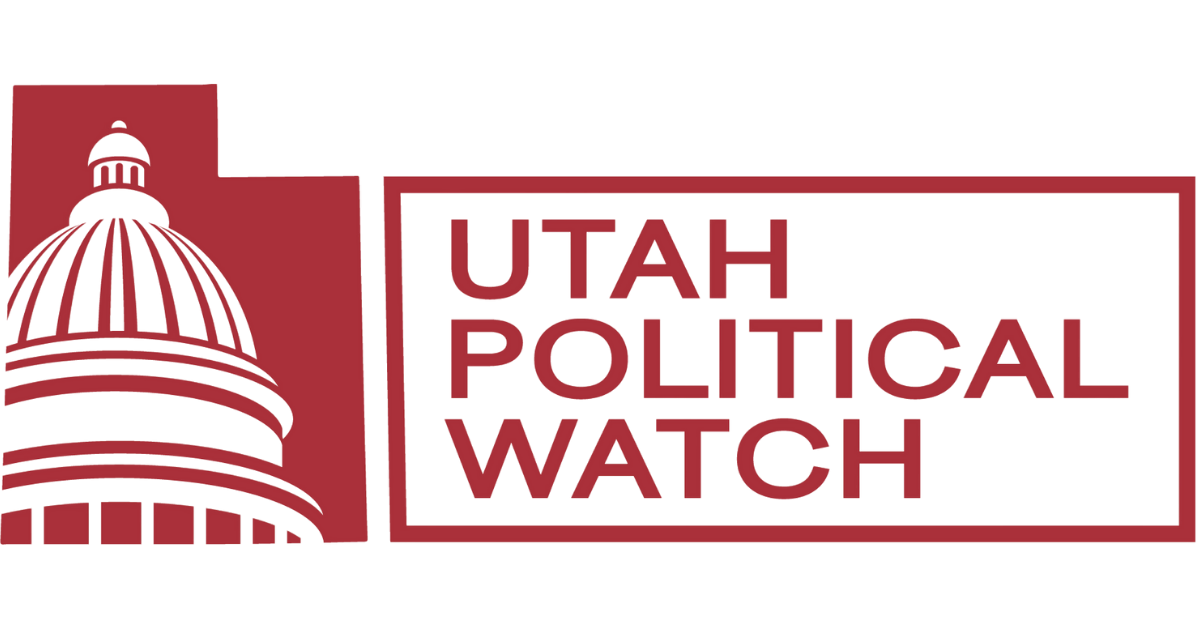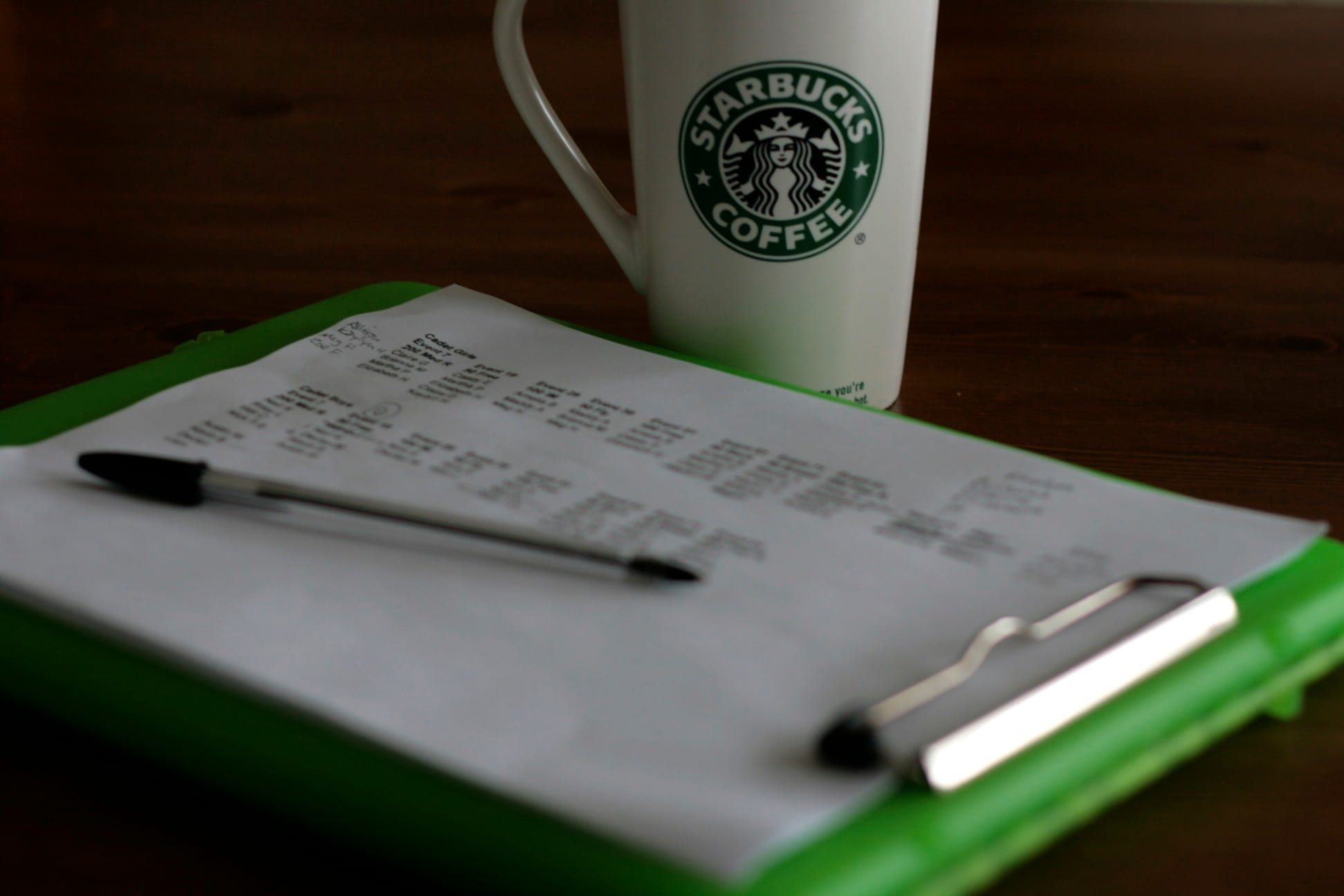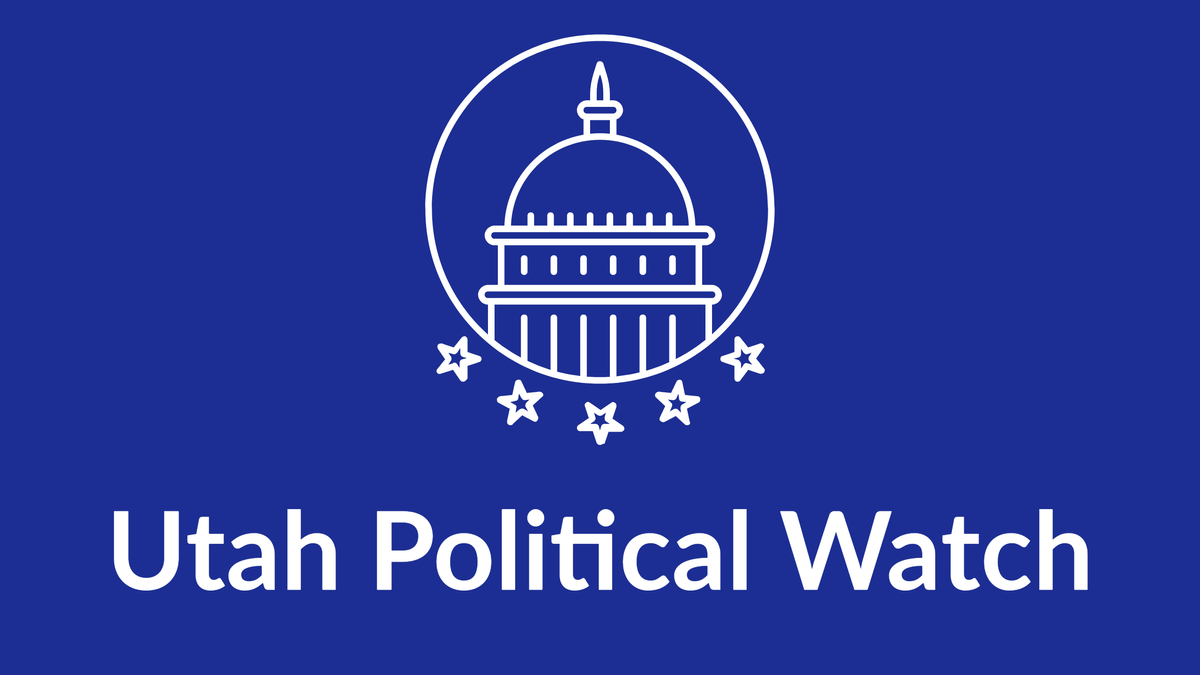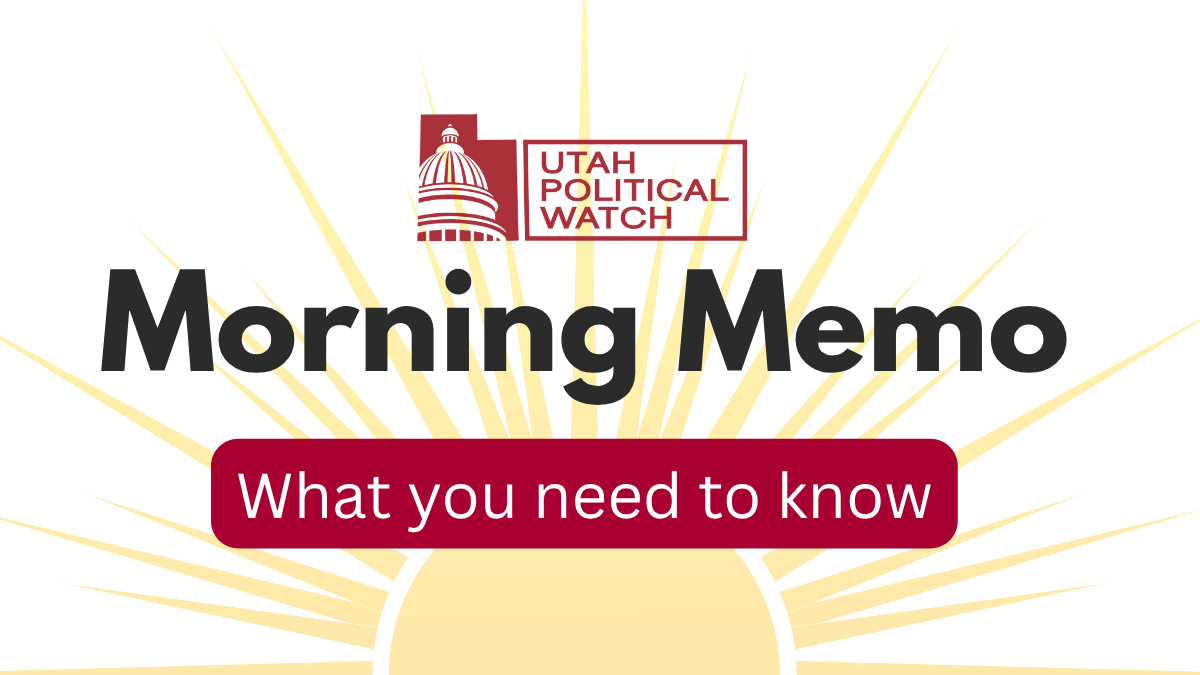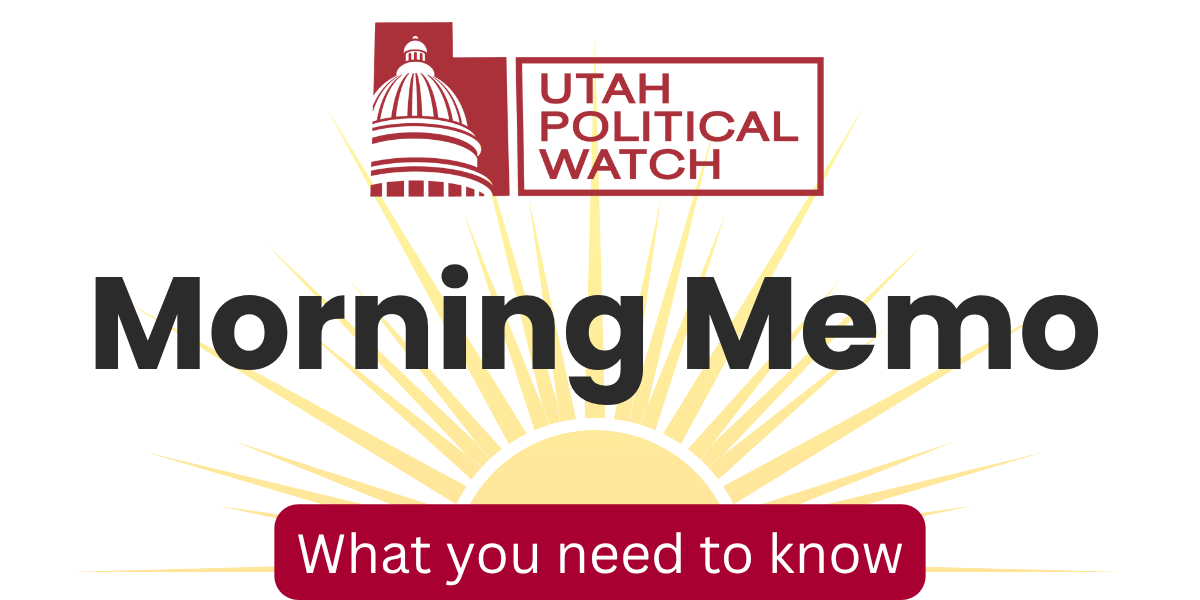When it became clear he would lose the June Republican gubernatorial primary election to Spencer Cox, Phil Lyman attempted to raise doubts about whether Cox legitimately qualified for the primary ballot by gathering signatures. Lyman's sour grapes tactics were loud enough that legislative leaders ordered an audit of how signatures submitted by a candidate are validated.
Lyman, who has launched a long-shot write-in candidacy, has repeatedly tried to access the signature packets submitted by Cox and other candidates to verify the signatures himself. State officials and the courts have repeatedly rejected those efforts.
In a report revealed Tuesday afternoon, legislative auditors said the process for validating signatures could be improved.
Because Lt. Gov. Deidre Henderson, Cox's running mate, shares his spot on the ballot, the signatures their campaign submitted were farmed out to the Davis County Clerk for verification.
Legislative auditors selected a random sample of 1,000 signatures from Cox and two other Republican candidates: Derek Brown, who is running for Attorney General and Rep. John Curtis, a candidate for the U.S. Senate. They found that between 1.3% and 2.4% of those signatures were incorrectly validated. They also discovered that as many as 6.4% of signatures were incorrectly thrown out.
- Spencer Cox—665 (2.4%) of signatures were incorrectly included, while 93 (1.9%) were erroneously discarded.
- John Curtis - 476 (1.7%) signatures should not have been included, and 76 (0.9%) were invalidated.
- Derek Brown: 377 (1.3%) of signatures were validated but should not have been, and 237 (6.4%) were mistakenly invalidated.
It would be a mistake to draw any conclusion about whether or not those candidates legitimately qualified for the primary. The report did not address the question of Cox's candidacy but noted that his campaign had submitted more than enough signatures and had ample time before the deadline to collect more if needed. Last month, Utah State Auditor John Dougall said his office's review of signatures submitted by Cox and Brown showed it was "likely" that they had turned in enough to qualify for the primary.
The verification process stops when a candidate reaches the required number of signatures. Extra signatures above the threshold are not considered. The legislative audit team did not examine those packets. The report also said it excluded any packets submitted to the Utah Attorney General's office because of a high number of invalid signatures.
The report suggested several steps the Lieutenant Governor's office should take to improve the signature verification process. They include:
- Establish a quality control process to determine the error rate for signature verification. That rate would be factored into the number of signatures required for a candidate.
- More training is required for signature verification, including more clarification on the standards for accepting or rejecting signatures. Those standards should be made available to the public.
- Create a formal chain of custody practice for signature packets. The packets for Cox, Brown and Curtis were first submitted to Davis County and made their way to the Lt. Governor's office after verification was finished.
The report also suggested the Utah Legislature should take steps to make the signature process more transparent by requiring a post-verification audit of signatures similar to the post-election audit conducted on vote-counting machines.
⭐️ Like this newsletter? Forward it to a friend!
Questions? Comments? Suggestions? Complaints?
Email anytime: news@utahpoliticalwatch.newswould
